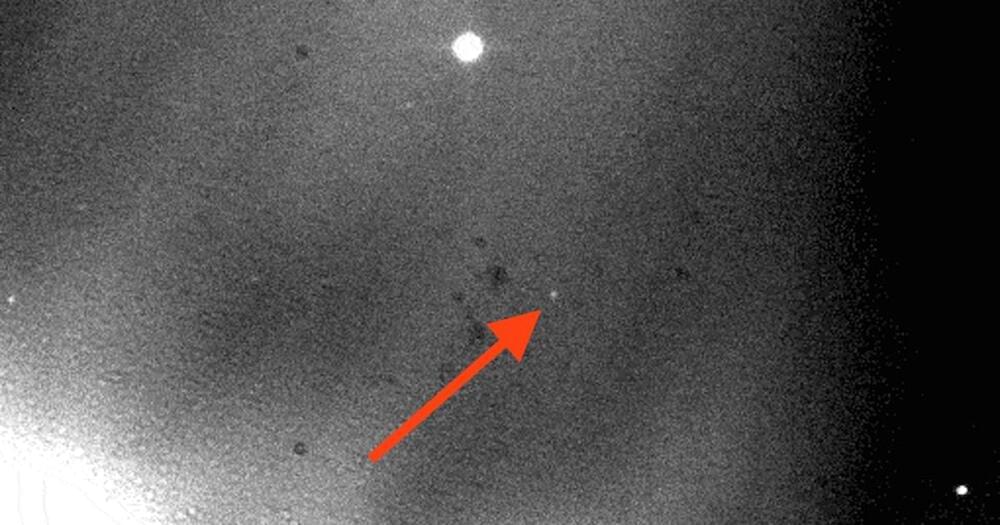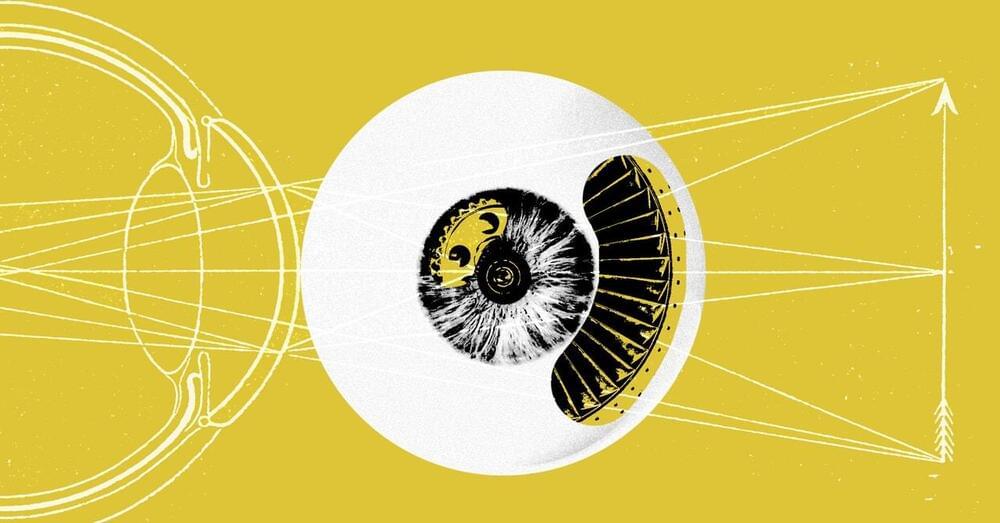Techyfiction.
According to Musk. The Tesla house is equipped with an array of lithium-ion battery packs in one or two rooms on your property.

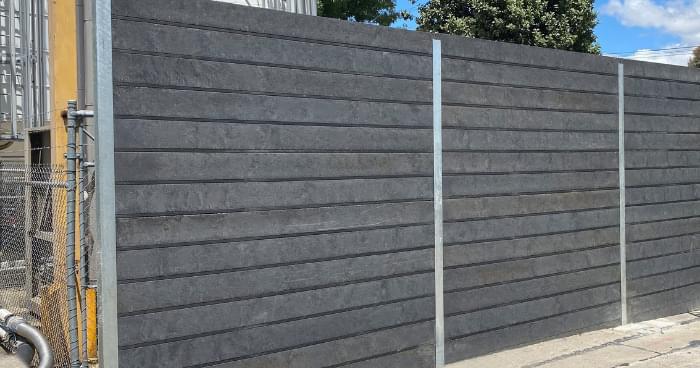
University of Melbourne experts have been working with industry to find new uses for large volumes of recycled waste plastics.
When it comes to finding new ways to use old plastics, bigger really is better. After all, the more plastic waste used in a material, the less ends up in landfill.
A promising emerging technology from Mildura-based Integrated Recycling, tested by University of Melbourne experts, could be used to build very large structures like noise barriers, helping to keep hundreds of tonnes of plastics out of the ground.
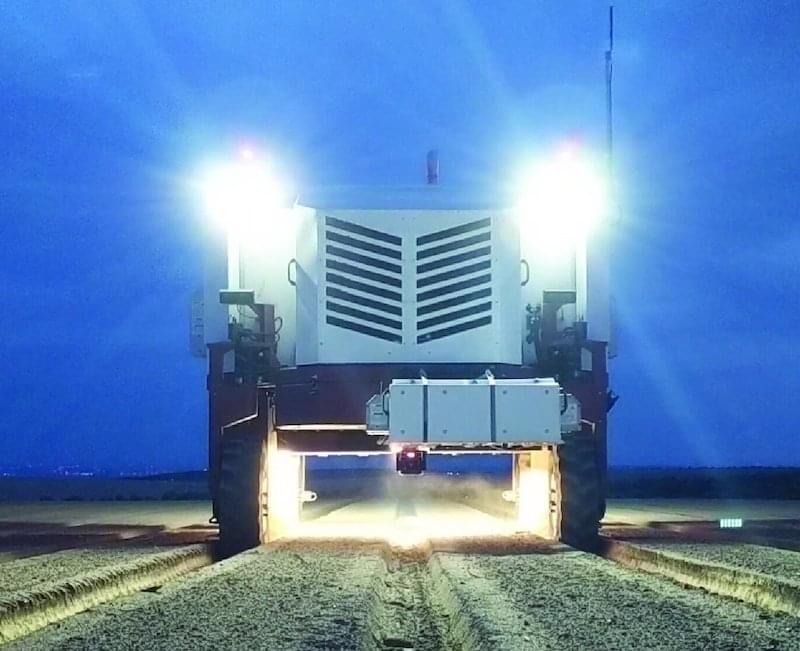
Carbon Robotics, an agricultural robotics company, today unveiled its 2022 LaserWeeder implement, an autonomous, laserweeding pull-behind robot that seamlessly attaches to the back of tractors.
The new LaserWeeder is a precise, organic, and cost-effective weed control solution for large-scale specialty row crops.
In addition to an updated build, the 2022 LaserWeeder features 30 industrial CO2 lasers, more than 3X the lasers in Carbon Robotics’ self-driving Autonomous LaserWeeder, creating an average weeding capacity of two acres per hour.

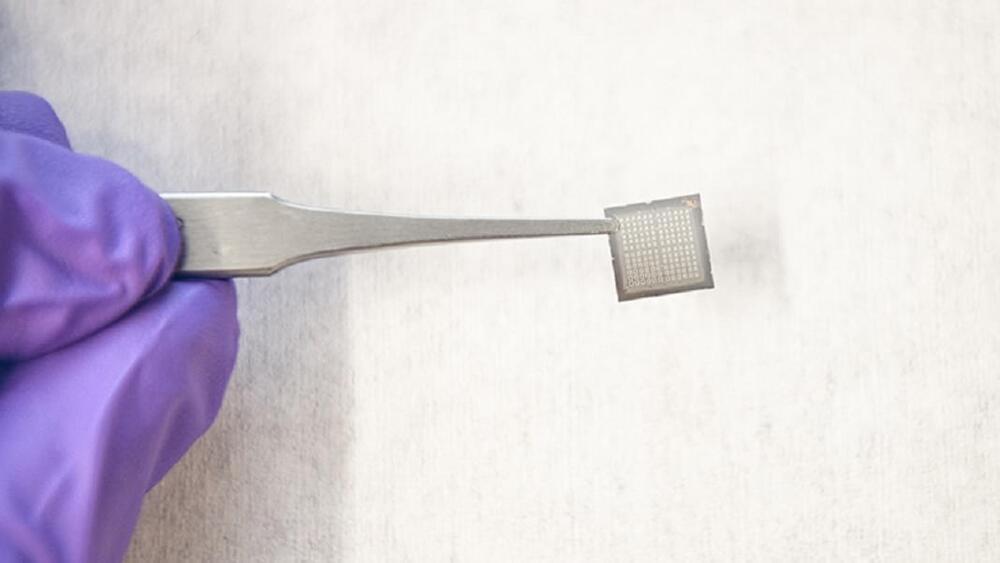
Efforts to mimic the brain in silicon—a field known as neuromorphic computing—have a long pedigree, and have seen significant investments from computing powerhouses like Intel and IBM. So far, most research has focused on replicating the functionality and connectivity of biological neurons and synapses in the hope of replicating the brain’s incredible learning efficiency.
One feature of neurons that has received less attention is the way they’re able to reorganize themselves in response to experience. This powerful capability allows the brain to change both its structure and function as it learns, optimizing its underlying hardware to new challenges on the fly.
Now though, a team led by engineers from Purdue University has demonstrated new circuit components whose functions can be reconfigured with simple electronic pulses. This allows them to seamlessly switch between acting as resistors, memory capacitors, artificial neurons, and artificial synapses. The breakthrough opens the door to creating dynamic neural networks in hardware that can rewire themselves as they learn—just like the brain.
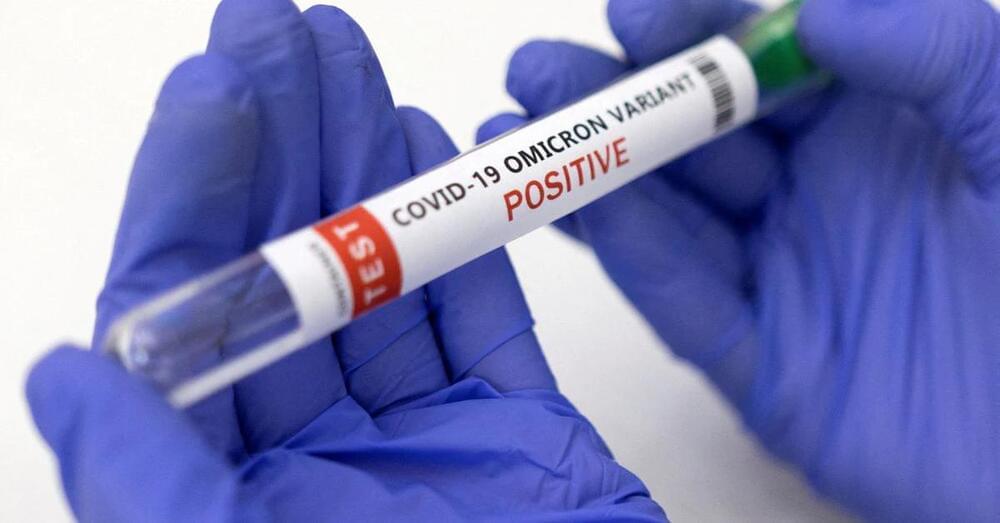
😃
CHICAGO, Feb 4 (Reuters) — A study in monkeys pitting the current Moderna Inc (MRNA.O) COVID-19 booster against an Omicron-specific booster showed no significant differences in protection, suggesting an Omicron-specific booster may not be needed, U.S. government researchers reported on Friday.
The study involved monkeys vaccinated with two doses of Moderna’s vaccine who were dosed nine months later with either the conventional Moderna booster or one specifically targeting the Omicron variant.
The researchers tested various aspects of the animals’ immune responses and exposed them to the virus. They found both boosters produced “comparable and significant increases in neutralizing antibody responses” against all of the variants of concern, including Omicron, according to the study, posted on bioRxiv ahead of peer review.
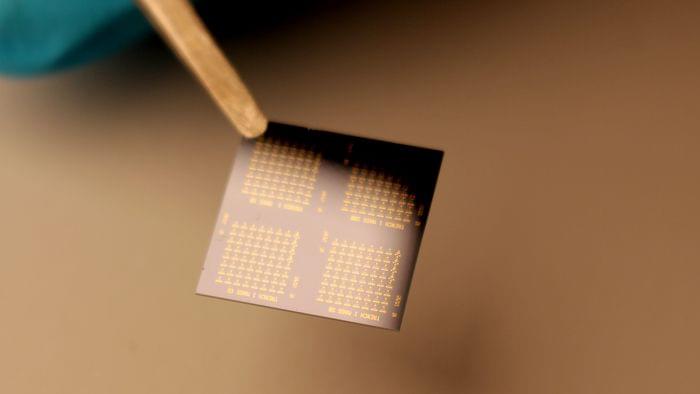
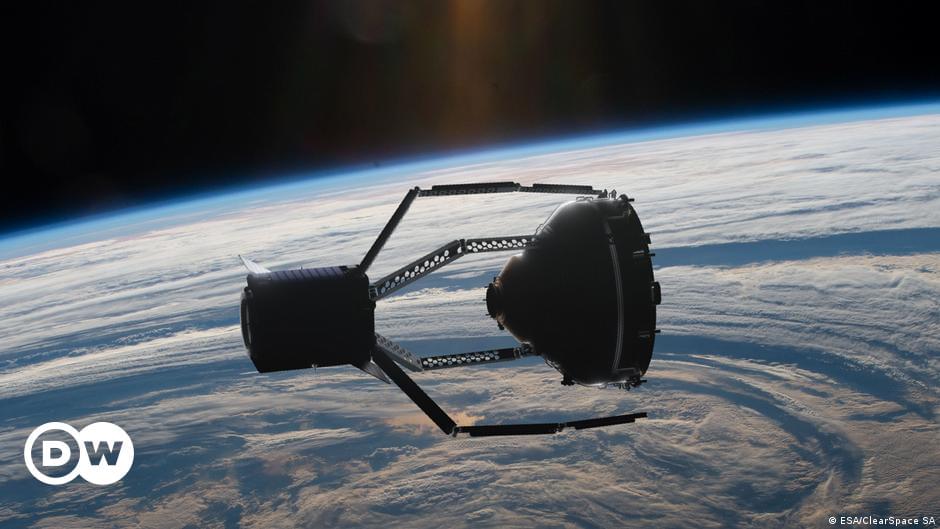
A Chinese satellite was spotted apparently clearing up space junk. But US officials are concerned the technology could be used against non-junk satellites.
Last month, a private satellite tracking company spotted a Chinese spacecraft apparently grabbing and throwing a dead satellite away into a “graveyard” orbit.
